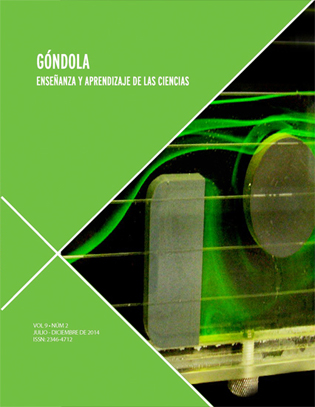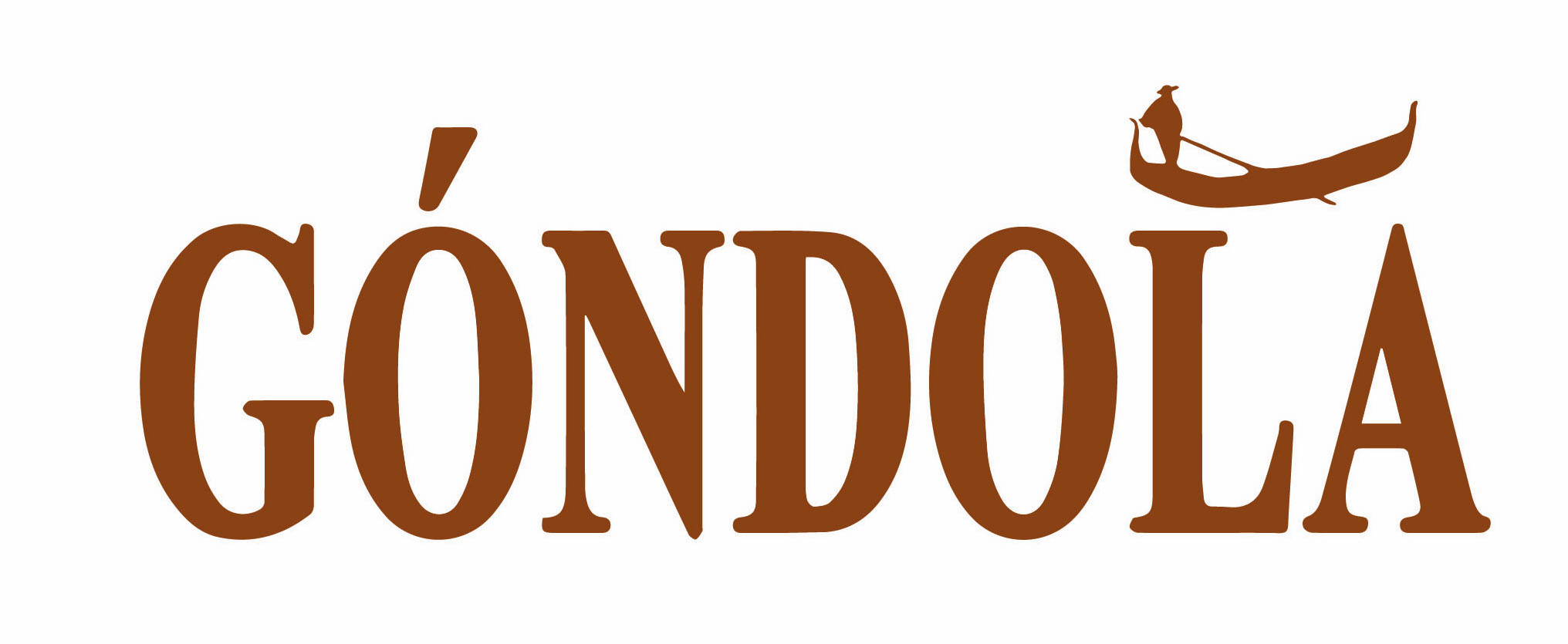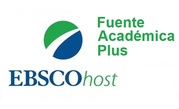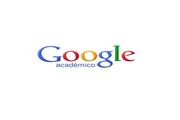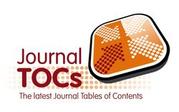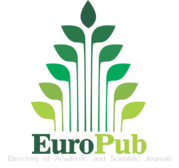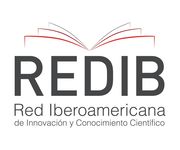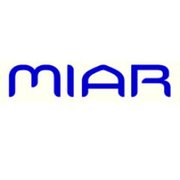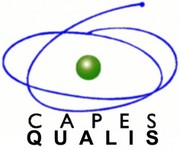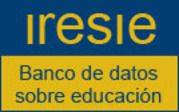DOI:
https://doi.org/10.14483/jour.gdla.2014.2.a02Published:
2014-07-01Uma experiência visando a aprendizagem significativa, a partir do conceito de geração e aproveitamento de energia elétrica
An experience aiming at meaningful learning based on the concept of generation and utilization of electrical energy
Keywords:
Meaningful Learning, Science Teaching, Supervised training. (en).Keywords:
Aprendizagem Significativa, Ensino de Ciências, Estágio supervisionado (pt).Downloads
Abstract (pt)
Apresenta-se uma experiência de mediação de aulas de ciências sobre "Geração e aproveitamento da Energia Elétrica", desenvolvido em uma turma de 9o ano (no sistema brasileiro de educação – estudantes de 12 a 14 anos de idade), por uma licencianda em Ciências Naturais da Universidade Federal da Fronteira Sul, campus Realeza, no componente curricular de Estágio Curricular Supervisionado IV. Tal experiência contou com uma parceria entre escola e universidade, que permitiu que o planejamento e a mediação das aulas acontecessem de forma proveitosa. As análises foram embasadas nas percepções anotadas pela licencianda em um portfólio e nas avaliações contínuas desenvolvidas. Verificou-se a importância de promover um processo de Aprendizagem Significativa voltado para a evolução conceitual dos alunos e identificaram-se indícios de que eles tenham aprendido significativamente, conforme se aponta no texto.
Abstract (en)
In this paper we present an experience of intervention in science classes on the theme "Generation and use of Electricity", developed in a class of 9th grade (Brazilian education system, with students between 12-14 years old), oriented by a student to science teaching from the Universidade Federal da Fronteira Sul, Campus Realeza, in the fourth teaching practice class. This experience involved a partnership between school and university, which allowed the fruitfully planning and developing classes. Data analysis was based on the perceptions noted by the student in a portfolio and on the continuous assessments developed. With this study, we have verified the importance of promoting a process of Meaningful Learning oriented to the conceptual development of students and we have evidence that they learned significantly, as we point in the text.
References
Ausubel, D.; Novak, J. D.; Hanesian, H. (1980). Psicologia educacional. Rio de janeiro: Brasil.
Baratieri, S. M., BASSO, N., BORGES, R., & ROCHA FILHO, J. B. (2008). Opinião dos estudantes sobre a experimentação em Química no Ensino Médio. Revista EENCI, 3(3), 19-31. Disponível em < http://if.ufmt.br/eenci/artigos/Artigo_ID64/v3_n3_a2008.pdf> Visitado em 02 dez.
Bertoncello, L.; Rossete, S.r. (2008) A importância do diálogo na relação professor-aluno e o paradigma da complexidade. Revista Cesumar - Ciências Humanas e Sociais Aplicadas. 13(2), 177-190. Disponível em Visitado em 02 dez. 2014.
Bogdan, R. C.; Biklen, S. K. (1994) Investigação qualitativa em Educação. Porto: Porto Editora Brasil. Brasil. (2012) Universidade Federal da Fronteira Sul. Ementa do Componente Curricular do Estágio Supervisionado IV. Realeza: Brasil, 12 p.
Calvino, Í. (2007) Por que ler os clássicos. São Paulo: Brasil.
Ferreira, P. F. M., & JUSTI, R. D. S. (2008). Modelagem e o “fazer ciência”. Química nova na escola, 28, 32-36. Disponível < http://qnesc. sbq.org.br/online/qnesc28/08-RSA-3506.pdf> Visitado em 02 dez. 2014.
Guimarães A. O planejamento deve ser flexível. 2013. Brasil. Disponível em Visitado em 02 dez. de 2013.
Haidt, R. C. (2002) A formulação dos objetivos educacionais. In: Curso de didática geral. ______: Brasil, p. 112-125.
Longhini, M. D. Hartwig, D. R. (2007) A interação entre os conhecimentos de um profesor atuante e de um aspirante como subsídio para a aprendizagem da docência. Ciência & Educação, 13(3), 435-451. Disponível em <http://www.scielo.br/pdf/ciedu/v13n3/ a11v13n3.pdf >Visitado em 02 dez. 2014.
Mizukami, M. G. N. (1986) Ensino: As abordagens do processo. São Paulo: Brasil.
Moreira, M. A.; Masini, E. F. S. (2001) Aprendizagem significativa – A teoria de David Ausubel. São Paulo: Brasil.
Ribeiro, R. J., da Silva, S. D. C. R., & Koscianski, A. (2012). Organizadores prévios para Aprendizagem Significativa em física: O formato curta de animação. Ensaio Pesquisa em Educação em Ciências, 14(3). Disponível em < http://www.portal.fae.ufmg.br/seer/ index.php/ensaio/article/view/598/1056> Visitado em 02 dez. 2014.
Seffner, F. (2011) Saberes da docência, saberes da disciplina e muitos imprevistos: atravessamentos no território do Ensino de História. In: XXVI Simpósio Nacional de História – ANPUH (Anais). São Paulo.
Silva, J. L. P., & de Moradillo, E. F. (2002). Avaliação, ensino e aprendizagem de ciências. Ensaio Pesquisa em Educação em Ciências, 4(1), 1-12. Disponível em < http://www.portal. fae.ufmg.br/seer/index.php/ensaio/article/ viewFile/46/364> Visitado em 02 dez. 2014.
How to Cite
APA
ACM
ACS
ABNT
Chicago
Harvard
IEEE
MLA
Turabian
Vancouver
Download Citation
License
Gondola, Ens Aprend Cienc. is an open-access publication, free of charge for authors and readers. The publication, consultation or download of the contents of the magazine does not generate any cost for the authors or the readers, since the Francisco José de Caldas District University assumes the expenses related to edition, management and publication. The peer evaluators do not receive any economic retribution for their valuable contribution. The work of all the actors mentioned above is understood as a contribution to the strengthening and growth of the research community in the field of Science Education.
As of December 1, 2018 the contents of the journal are published under the terms of the Creative Commons License Attribution-Noncommercial- ShareAlike 4.0 International (CC-BY-NC-SA 4.0), under which others may distribute, remix, retouch, and create from the work in a non-commercial way, give credit and license their new creations under the same conditions.
The copyright holders are the authors and the journal Gondola, Ens Aprend Cienc. The holders retain all rights without restrictions, respecting the terms of the license in terms of consultation, downloading and distribution of the material.
When the work or any of its elements is in the public domain according to the applicable law in force, this situation will not be affected by the license.
Likewise, we encourage authors to deposit their contributions in other institutional and thematic repositories, with the certainty that culture and knowledge is a good of all and for all.

